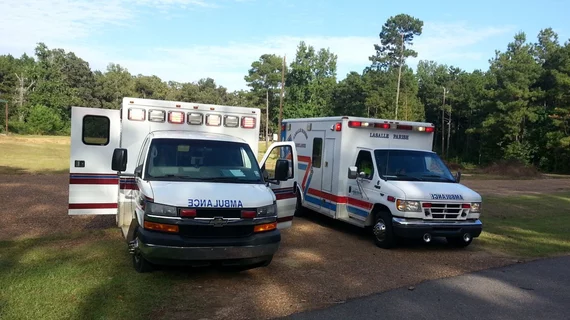Partners working with Fujifilm to embed AI in go-anywhere ultrasound
A Harvard-affiliated academic data science center is partnering with a major manufacturer of portable ultrasound systems to boost the diagnostic powers of point-of-care ultrasound, aka “POCUS,” using AI.
Fujifilm SonoSite and the MGH & BWH Center for Clinical Data Science announced the partnership this week.
Collaborators in the work will tap the data assets, computational infrastructure and clinical expertise of the Partners HealthCare system, which is anchored by Massachusetts General and Brigham and Women’s hospitals.
Complex ER procedures will comprise the first set of challenges the combined teams will set out to tackle, according to the announcement.
“If we build scanners that can be used by non-expert users both inside and outside the hospital, we can likely reduce the time delay between trauma and diagnosis, which will translate to more rapid interventions and improved outcomes,” said Andrew Liteplo, MD, of MGH’s department of emergency medicine.
Fujifilm SonoSite’s chief medical officer, Diku Mandavia, MD, added that the partnership’s primary aim is embedding AI in POCUS such that sonogram findings can be automatically computed at the site of the scan.
Such automation, Mandavia said, “will allow us to increase the accessibility of this critical technology while still delivering high diagnostic value.”

